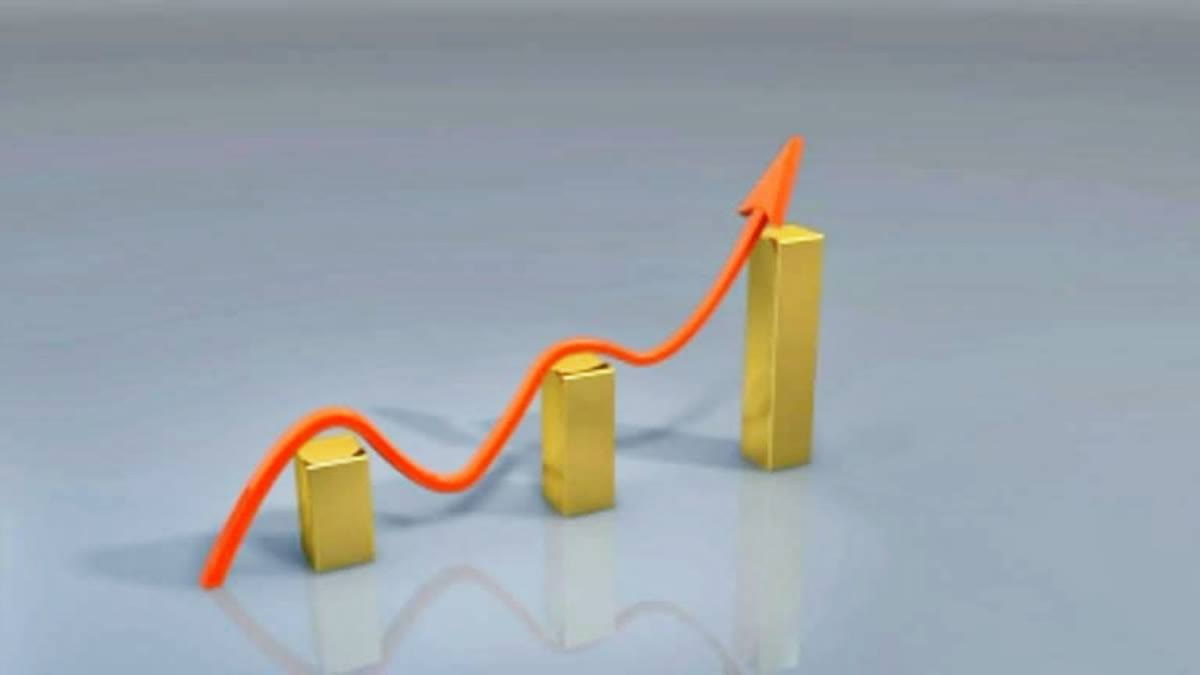New Delhi:Finance Minister Nirmala Sitharaman on Saturday demanded fair and accurate sovereign rating by big credit rating agencies for emerging economies such as India to access foreign capital. Sitharaman is not the first Finance Minister to raise the issue of fairness and accuracy in India’s sovereign rating by big credit rating agencies such as Moody’s Standard and Poor’s and Fitch as the policymakers in the country feel that given the size and growth rate of the Indian economy, the country deserves a rating upgrade.
The Finance Minister also sought greater engagement with credit rating agencies to improve rating methodologies adopted by them. She raised the issue of fairness and accuracy in sovereign ratings for emerging markets and developing economies (EMDEs) while addressing this year’s annual meeting of the multilateral lending institution--the International Monetary Fund (IMF).
Addressing the IMFC plenary session on the Managing Director's Global Policy Agenda in Washington DC, the Finance Minister emphasised that sovereign ratings should more accurately reflect the economic fundamentals of emerging and developing economies to ensure fair access to capital and improved ability to attract private investment.
"There is a need for sovereign ratings to adequately account for EMDEs economic fundamentals to ensure the cost of capital for them and their ability to attract private capital is factored in," said the Finance Minister.
Sitharaman also called for increased engagement with credit rating agencies to improve rating methodologies, so that these big agencies more accurately capture a country's repayment ability and economic resilience.
According to the Finance Ministry, she also underlined engagement with credit rating agencies and called for improvements in methodology to ensure that they capture the fundamentals reflecting the ability and willingness to repay.
India’s sovereign credit rating
There are three big rating agencies--S&P Global Ratings, Fitch Ratings and Moody’s Investor Service--economists and experts at these agencies study and analyse various aspects of a country’s economy such as its growth rate, composition of government spending, debt position and fundamental strength and weakness of the economy, among other things to assign a rating for the country.
Foreign investors rely on these sovereign ratings to make their investment decisions about a country; if the sovereign rating of a country is highest then it can get funds at much lower borrowing cost. On the other hand, if the sovereign rating of a country is lower then its borrowing cost becomes much higher, which has a cascading effect on the prevalent interest rates in the country.
India has been seeking a rating upgrade for more than a decade. For example, in May 2013, during Prime Minister Manmohan Singh’s second term, the then Finance Minister P Chidambaram in 2013 publicly called for a rating upgrade for the country.
It was at a time when one of the top three rating agencies, S&P Global Ratings, had revised India’s rating two years ago in 2011, but apparently it was not as per the country’s expectations given the fundamental strength of its economy.
After the change of the government in 2014, the then Finance Minister Arun Jaitley also called for the country’s rating upgrade.
